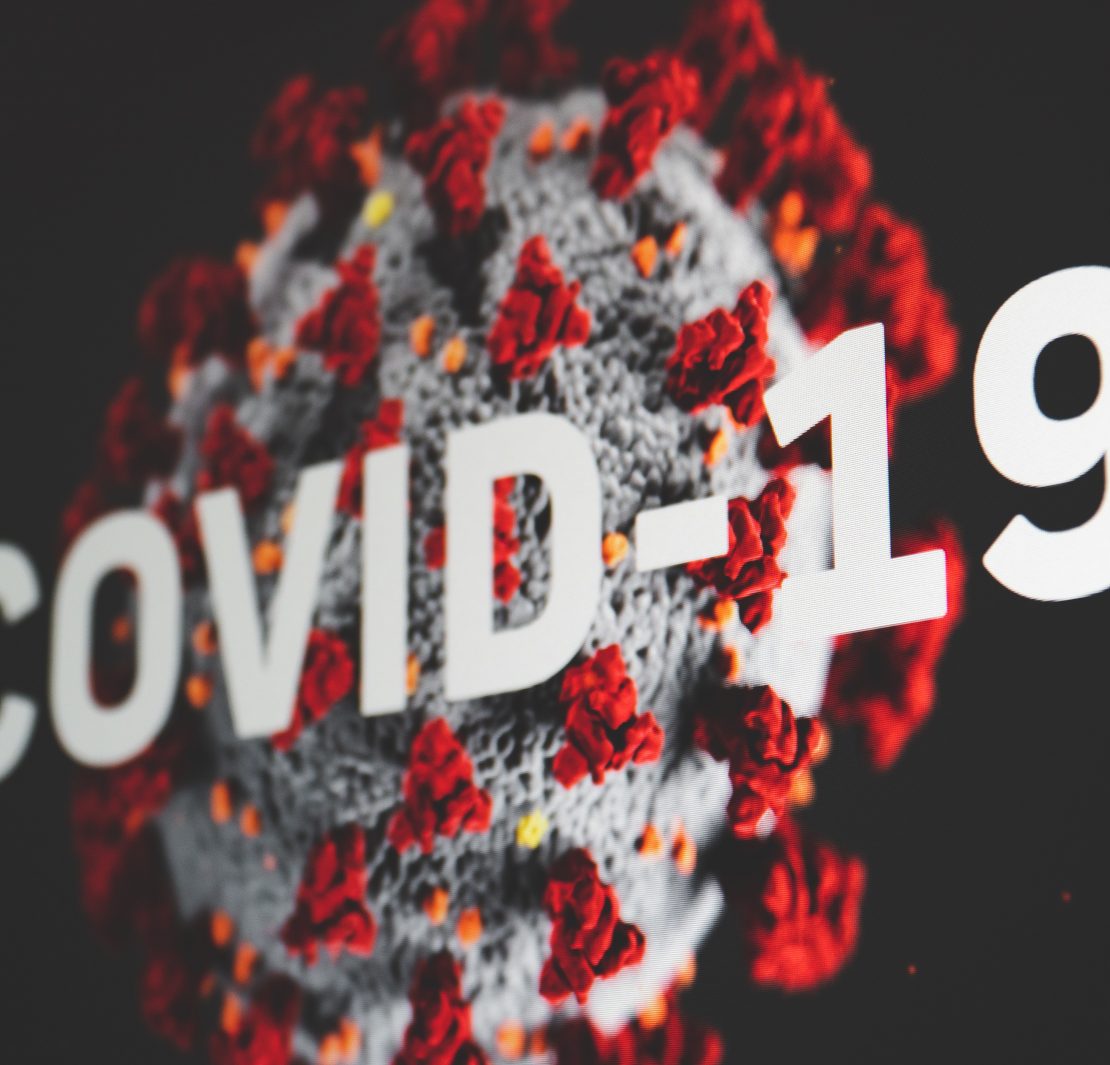As India slowly and steadily recovers from the chaos of COVID-19’s second wave, the number of people registering to get vaccinated has seen a stark rise. However, data suggests the number of people getting vaccinated is exiguous in comparison to the nation’s total population. To vaccinate the entire population of India, at the current pace of 17 lakh doses administered daily, it would take nearly 3 years for the vaccination process to end. Such a prolonged confrontation with the virus would grievously blight the country more than it already has.
Enter Sputnik V, a two-part, adenoviral-based vaccine against coronavirus made in the Russian state institute of Gamaleya National Research Centre of Epidemiology and Microbiology. Simply put, an adenovirus is a “container” used to deliver the coronavirus gene, with the motive of introducing it to the immune system as a potential enemy. This, therefore, quickens the pace of the development of immunity to COVID-19. The first dose boosts cellular immunity and once the second vaccine is administered, it helps with the formation of memory cells.
According to a study published in The Lancet on the safety and efficacy of the Sputnik V vaccine, the peer-reviewed article concluded that the phase 3 trial of the Sputnik V showed 91.6% efficacy against COVID-19 and was largely well tolerated by the large cohort of volunteers, fully in compliance with present standards. In comparison to this, vaccines currently in circulation (in India) the Oxford-AstraZeneca vaccine, being manufactured by Serum Institute of India (SII) a.k.a ‘Covishield’ and Bharat Biotech’s Covaxin (BBV152) have a clinical efficacy of 62-90% and 81% respectively. Alexander Gintsburg, The Director of the Gamaleya Research Centre stated, “we believe it is possible to increase the minimum interval between the first and second vaccine shots the earlier approved 21 days up to three months. Extending the interval will not affect the vaccine-induced immune response and, in some cases, will enhance and prolong it”. Crucially, Russia has also created a single-dose vaccine called, Sputnik Light (a recombinant of the adenovirus) but it is yet to be approved by the Indian government.
The (approved) Sputnik V vaccines have now arrived at a few private hospitals in Indian cities yet vaccine roll-outs will ultimately depend on the number of vaccine shipments received by the hospitals. Unfortunately, new emerging news from Russia hints at its struggle to make Sputnik doses, we can merely hope for this utopian vaccine to not dissipate as the reduction in dose interval and a single dose vaccine would be a vital new hope for India’s vaccination drive.




